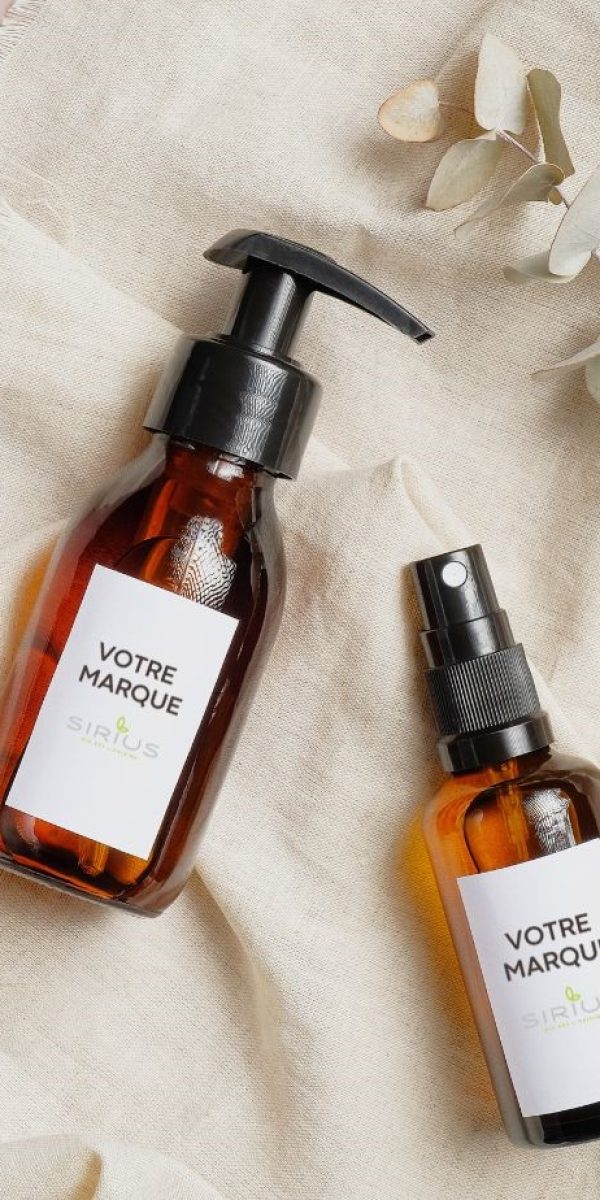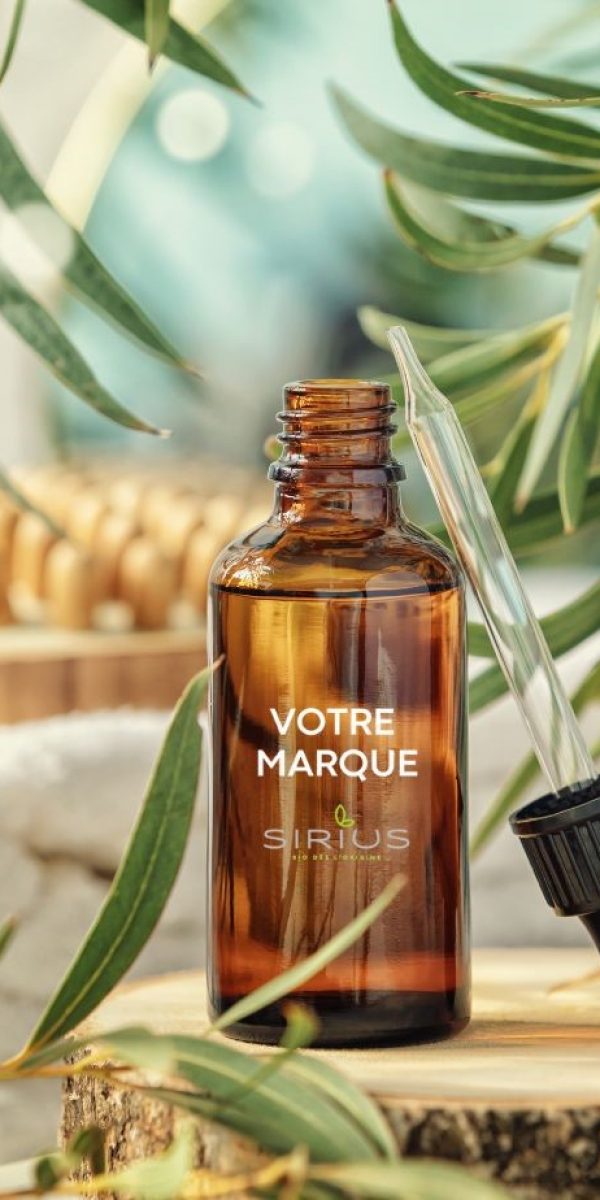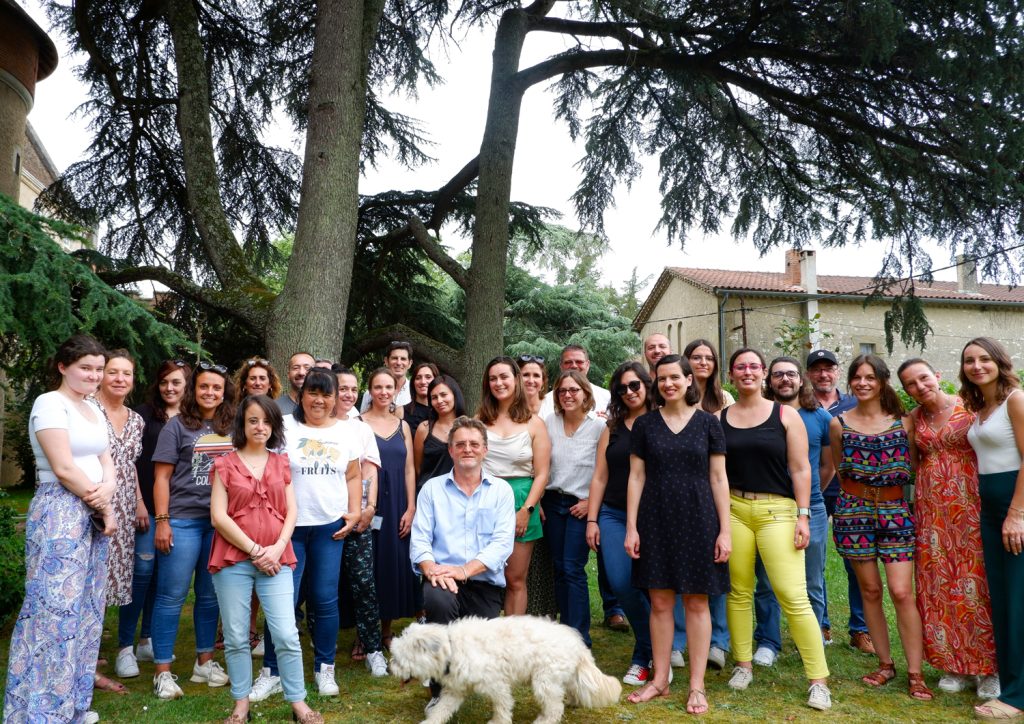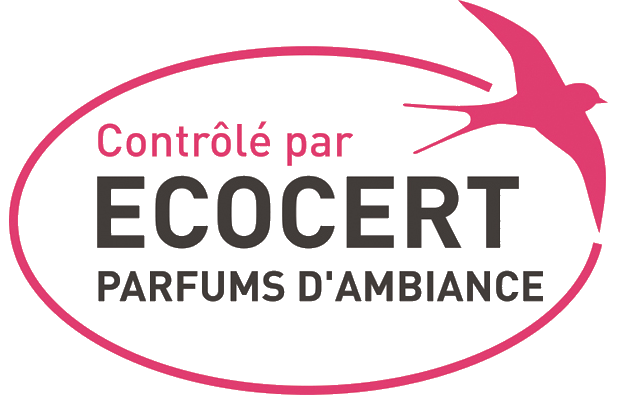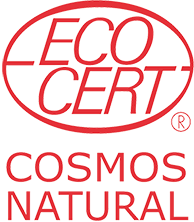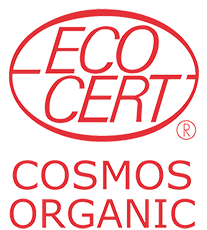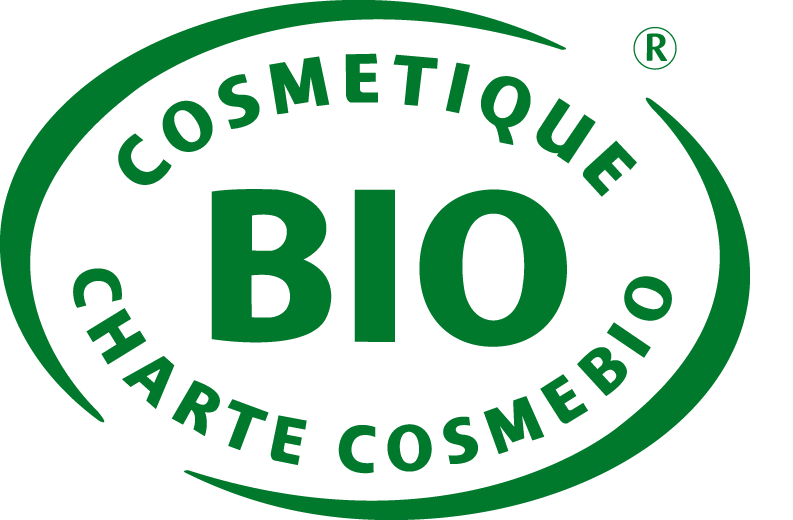
Nos cookies
Ce site utilise des cookies nécessaires à son bon fonctionnement. Vous pouvez les accepter tous ou cliquer sur “en savoir +” pour choisir les cookies que vous acceptez ou non.
Lire les politique de confidentialité
propulsé par webdeclic
